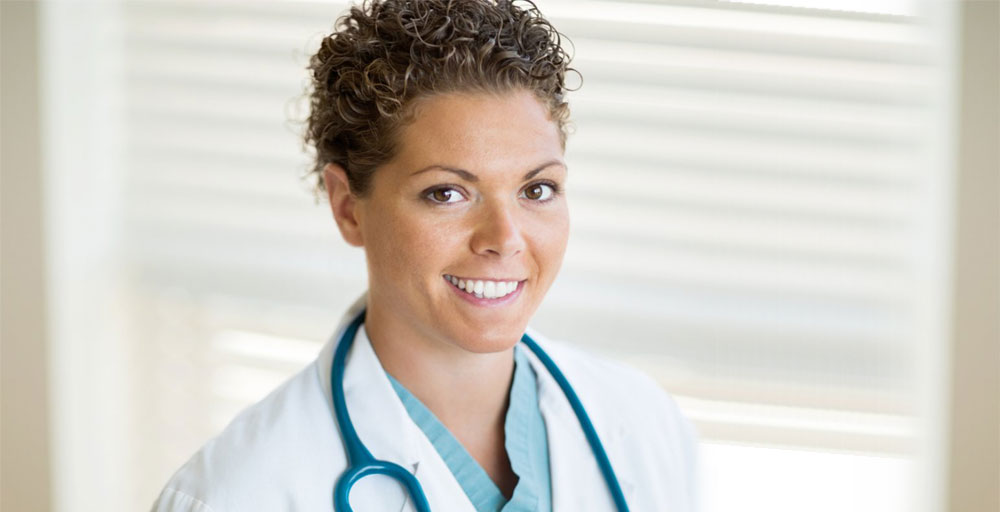
20 Questions You Should Ask During Your Caribbean Medical School Interview
When you face an interview to attend any institution of higher learning, you should expect to answer a variety of questions. This is how the interviewer will discern whether you would make a good fit for their college or university. However, you should also come to such an interview with questions of your own. Just as the interviewer will do, you should ensure that your questions help you determine whether the school will make a suitable match for your needs and objectives for the future.
20 Questions You Should Ask During Your Caribbean Medical School Interview
When you face an interview to attend any institution of higher learning, you should expect to answer a variety of questions. This is how the interviewer will discern whether you would make a good fit for their college or university. However, you should also come to such an interview with questions of your own. Just as the interviewer will do, you should ensure that your questions help you determine whether the school will make a suitable match for your needs and objectives for the future.
At Windsor University School of Medicine (WUSOM), we hope that you will perform due diligence in finding the right medical school for you. We always welcome your questions, and we are happy to address your concerns.
What You Should Know Before You Commit to a Medical School
By asking as many relevant questions now as you can, you could spare yourself from confusion and misunderstanding in the future. Many details may only be learned as you progress in your studies, but you can address several pertinent issues before you commit to a particular medical school in the Caribbean.
To gain a better understanding about a Caribbean medical school before you decide to enroll, ask your interviewer these 20 questions:
- Your Experience:What do you appreciate about this medical school and what it has to offer?
2. Changes: What changes would you make here if you could?
3. Future:What changes do you realistically expect to see implemented at this school in the next several years?
4. Positive Aspects of Setting: What do you believe students enjoy most about attending medical school classes in a Caribbean location?
5. Negative Aspects of Setting: What do most students seem to dislike about the island environment?
6. Resources for Struggling Students: What resources are available to students who may be struggling with depression, stress, anxiety, or any other issues related to adjusting to life as a medical school student?
7. Mentoring: Is student mentoring available to assist your students in achieving their academic goals?
8. Housing: What kind of housing is available to your medical school students?
9. Transportation: What type of local transportation is available to students?
10. Security: What sort of security systems do you have in place on your campus?
11. Financial Aid: Does your school offer tuition payment plans and help to your students in applying for scholarships and other types of financial aid?
12. Curriculum Format: Is the nature of your curriculum format in pre-clinical and/or clinical semesters based on the traditional lecture format or on problem-based learning, and how does this serve your students?
13. Evaluation: How are academic and clinical evaluations performed to enhance the learning process?
14. Residency Matches: What percentage of your students is able to achieve their desired residency matches after graduation?
15. Alumni: Where have former students been placed after graduating from your school?
16. Preparation: How will your school prepare me for residency and other aspects of my future medical career?
17. USMLE: How have your students been scoring on the United States Medical Licensing Examination (USMLE)?
18. Challenging Courses: What are the most difficult courses at your school, and what makes them so challenging?
19. Accreditations: Is your Caribbean medical school accredited, and what other recognition has it received?
20. Student Feedback: Are students given opportunities to provide feedback about their professors, the curriculum, and other important details – and is that feedback implemented when appropriate?
Finding the Right Medical School
We are proud of the curriculum and environment we provide at WUSOM. Whether you come from Dallas, Toronto, or Newark, we can help you achieve your dream of a future in medicine. Do not hesitate to bring your questions and concerns to us, both during the interview process and as they arise.
Call WUSOM today at 1-869-466-1220/6157 to get started on earning your Caribbean medical degree. Also, feel free to complete our online contact form.



